Three campers sit with nervous excitement in the middle of the parachute with their hands held above their heads. They sit back-to-back as the counselors and campers around the edges start to walk in a circle, slowly creating a twist in the parachute. The Living Water camp counselor calls out, “On the count of three, run. One. Two. Three!” The campers around the edge run backwards while pulling the parachute. The three campers in the middle spin around and collapse in a pile of giggle with each other. The counselors reorganize the kids so that another trio can take their turn in the middle of the parachute.
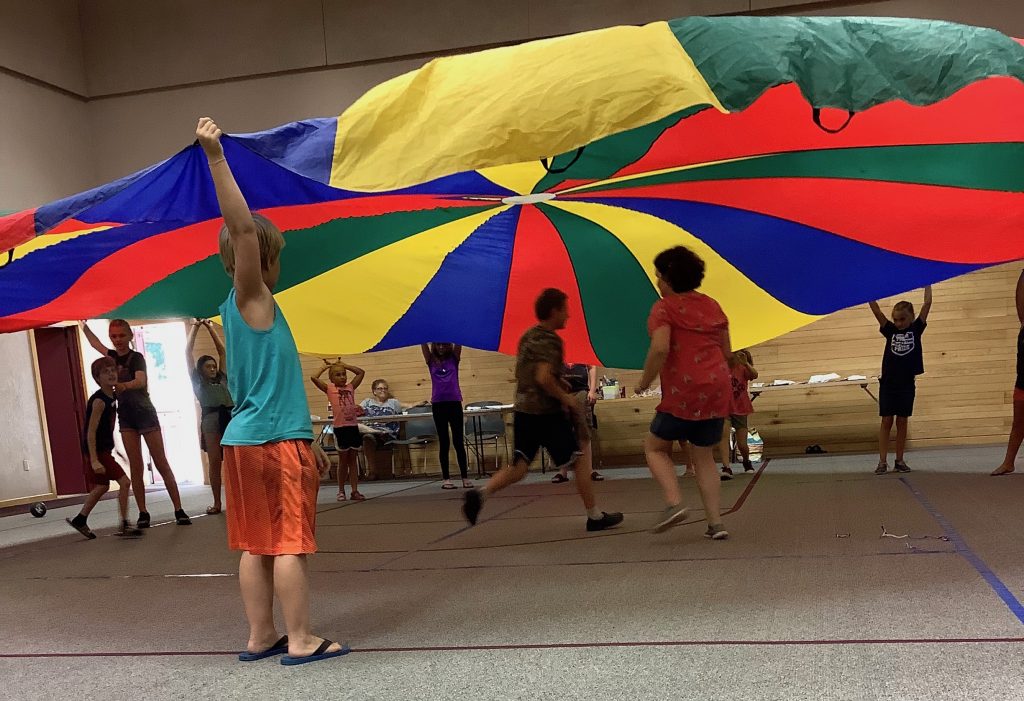
The parachute with the laughing campers is at Trinity Lutheran Church in New Era, Michigan. As of the 2010 census, New Era had a population of just 451 people, and the population of the whole county has remained stagnant for two decades. Oceana county is among the poorest in Michigan, with a median household income below $40,000. More than a quarter of children in the county live below the poverty line.
Trinity Lutheran focuses on recruiting campers from the community for day camp, distributing fliers and talking with people utilizing food pantry services. This appears to have worked well to bring in kids from the community. At one point, an adult leader looks around the room and estimates that only five of the thirty campers present are from the congregation. The church covers all day camp costs for every camper, effectively making camp available to all kids who can get to the church. Additionally, the church kitchen is constantly buzzing with adult volunteers who cook and provide two hot meals and two snacks each day. The food is a critical component of the ministry, since many of the campers attending may not have enough food at home. Day camp begins with breakfast. Throughout the week, the ladies in the kitchen put together warm meals of French toast, pancakes, chicken nuggets with mashed potatoes and corn, and tacos. One camper, when asked what his favorite part of day camp is, stated, “Food. Definitely food.” At any given point of the day, food smells are wafting through the church.
In addition to the food, Living Water day camp activities vary widely throughout the day and week. Campers spend time in “Science and Nature,” doing crayon rubbings of things they find in nature. They learn about reducing, reusing, and recycling before spreading out around the church lawn to pick up trash. Arts and crafts include window hangings and dried bean maracas. There are skits and Bible stories acted out in front of the large group. On Wednesday, the campers play with water and have water fights in the lawn of the church. At other times during the week, campers play on the church’s playground, draw with sidewalk chalk, or play foursquare. The variety of activities provides opportunities for campers to be active, creative, and reflective all in one day.
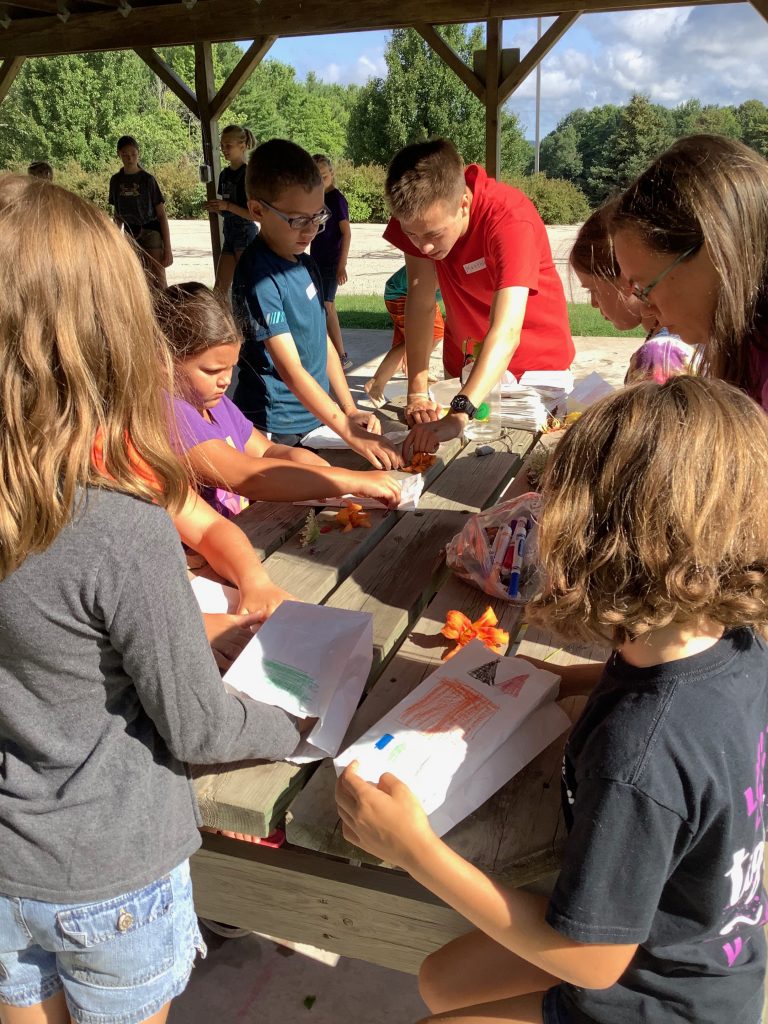
These activities let campers have choices in how they spend their time. For example, one camper decides to do her own nature hunt and find frogs in the church lawn while other campers play foursquare. When she catches a frog, she names him Squirt and proudly shows him to her counselor. The counselor exclaims with excitement about how cute Squirt is and another friend joins the girl to find her own frog. A second frog gets named Little Froggie. The girls examine and coo at their new amphibian friends. At the end of the activity block, the counselor encourages the girls to release the frogs back into the woods because, as she explains, frogs like the forest more than being cupped in someone’s hands. The girls are sad to let the frog friends go. They are still excited to be able to explore nature with curiosity and to connect with their counselor, while learning good stewardship of frogs.
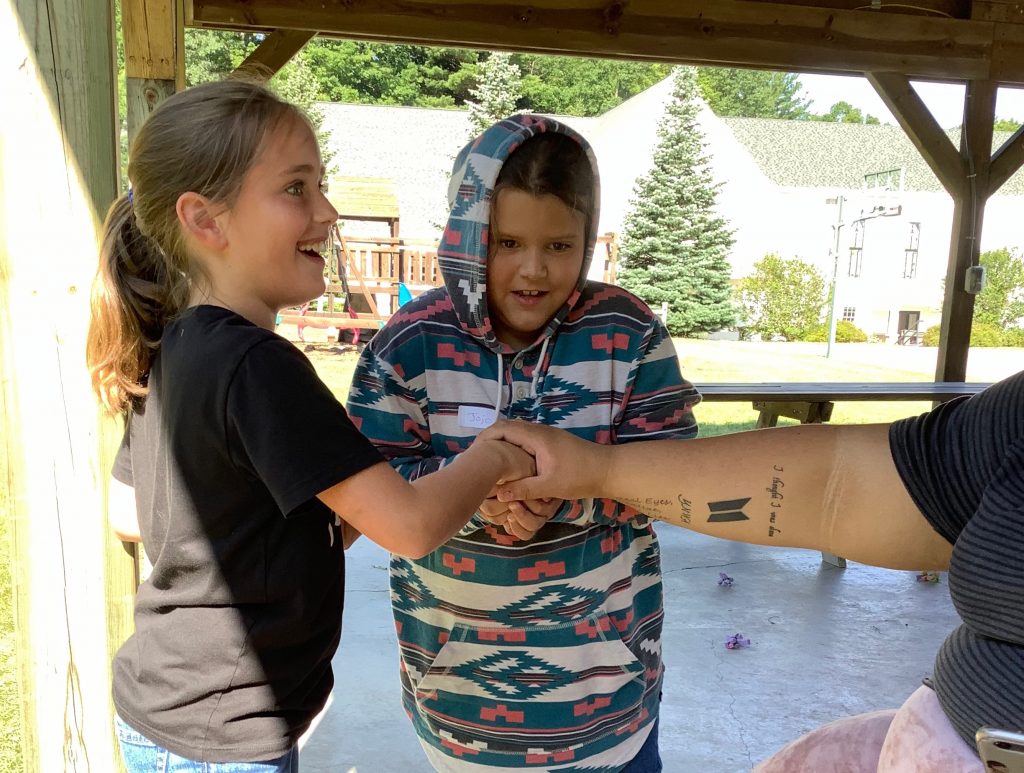
With the activities, messages are an intentional component of day camp. The themes of the day are introduced every morning and come from a variety of languages. “Ubuntu” is from South Africa and means “I am because we are.” Another day is “Si, se puede,” which is Spanish for “yes, you can.” “Heiwa” is a Japanese word for “peace” or “harmony.” The day camp leader quizzes campers throughout the day on the themes to encourage learning and retention of the day camp’s messages. If a camper gets excited about raising their hand but can’t remember the word of the day, they can “call a counselor” for help remembering the theme.
When day camp ends at 3:00, the four camp staff members go back to Living Water, since the overnight site is only a few miles from the church. The counselors take a break and then are back in overnight cabins with campers. This week, Living Water partners with Samaritas, a Michigan-based nonprofit organization with programs serving foster care youth. The day camp staff members join the cabin groups for supper and evening activities, like campfire and cooking s’mores. Serving as a counselor during the day at day camp and then again at night with Samaritas campers is a big job and an exceptional week for the staff. Yet, in a mirrored display of ministry that the church embodies with serving campers in the community, the staff step up and serve campers in both programs.
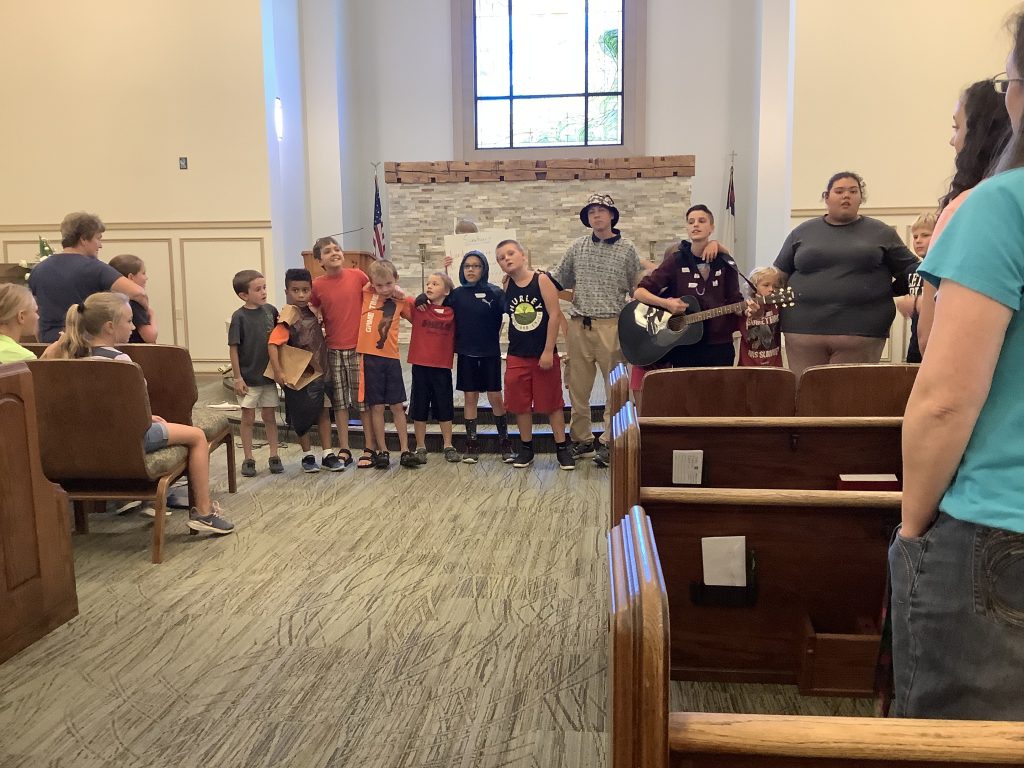
It is a big week for both Trinity Lutheran and Living Water. Both the congregation and the camp are providing camp programs to young people from New Era and broader Michigan, many of them underserved or at-risk youth. Both at the church and at the camp, these campers are playing and exploring together through ministry programs that focus on caring and love for them.


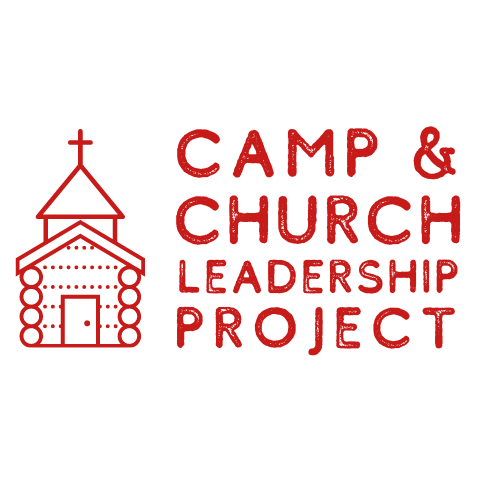
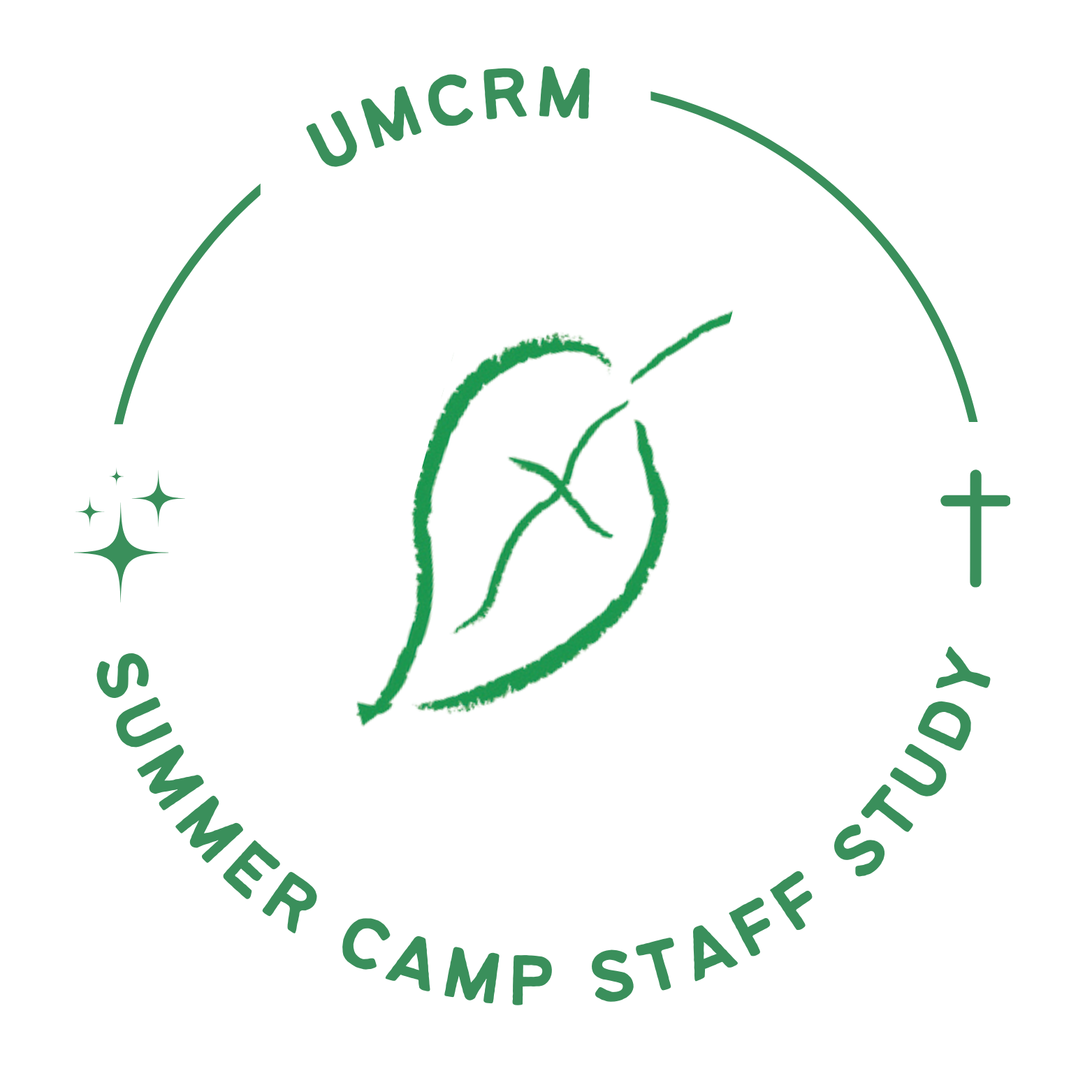

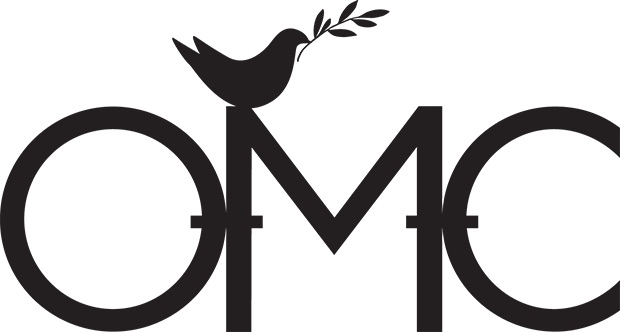


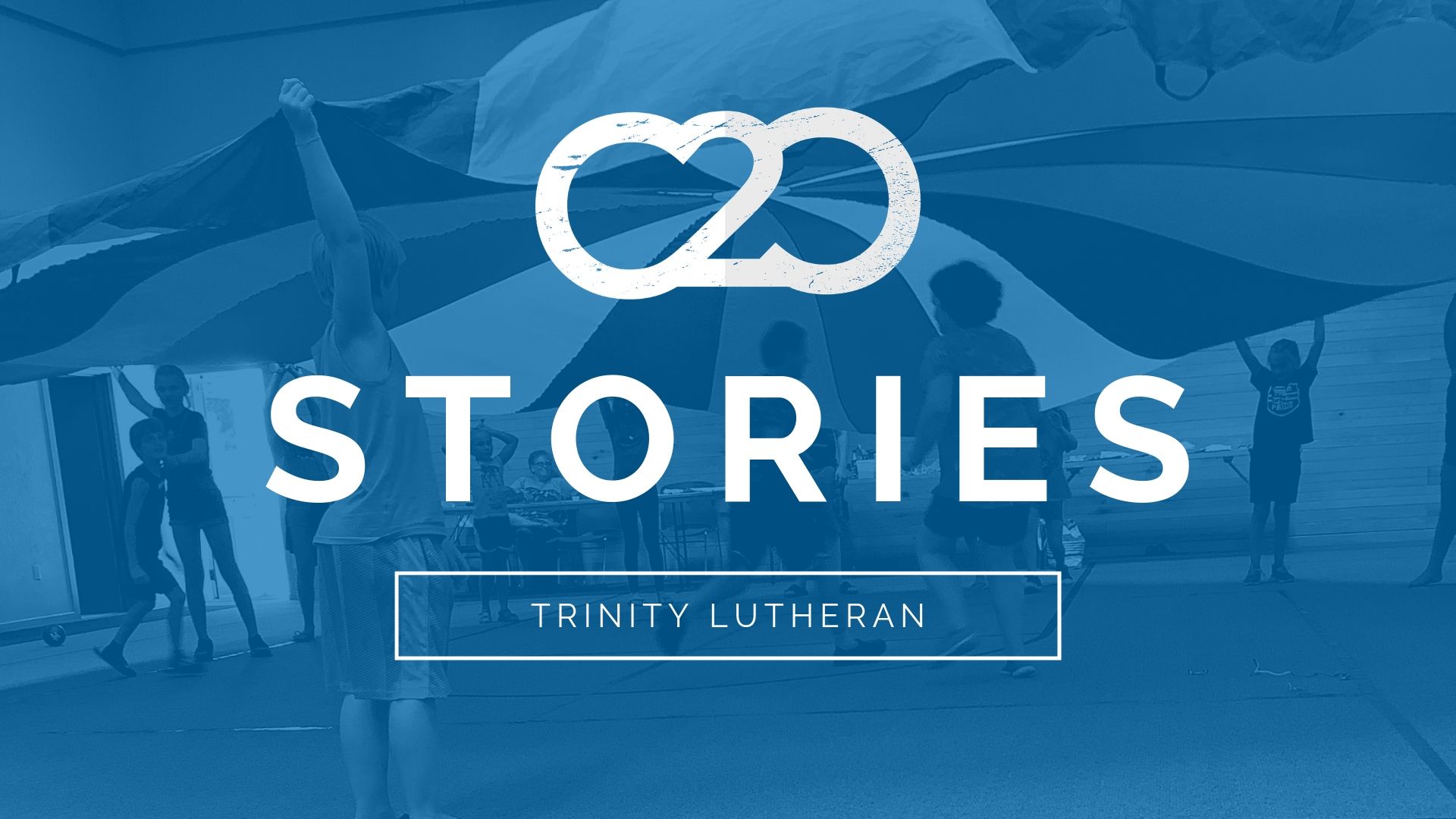
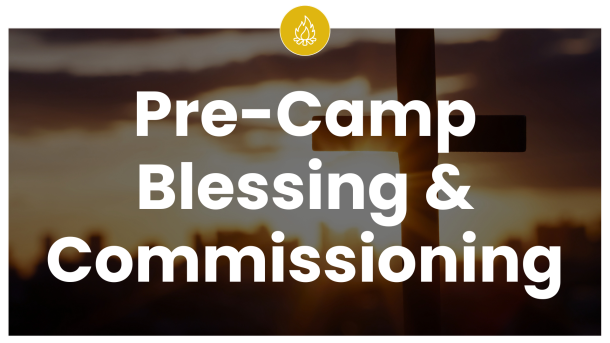
0 Comments